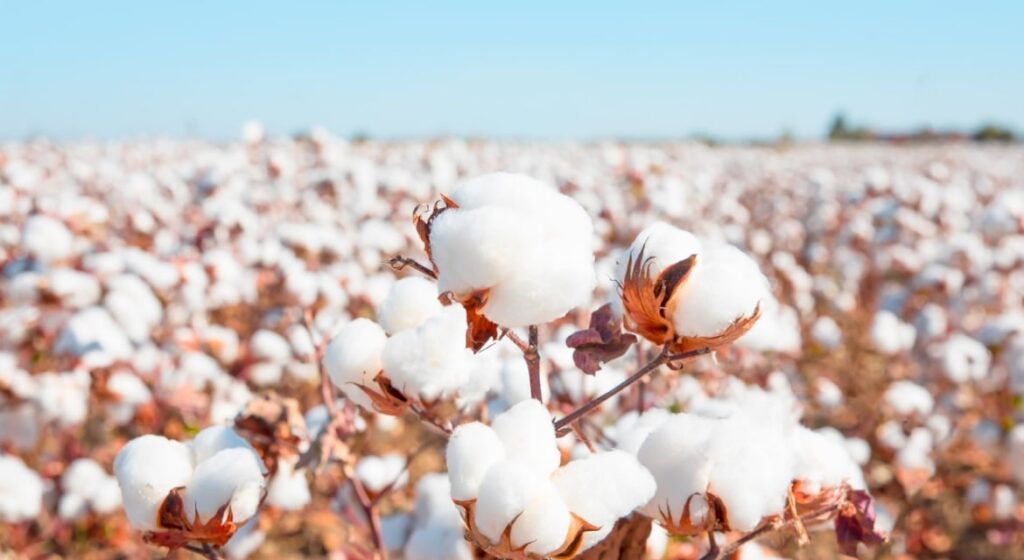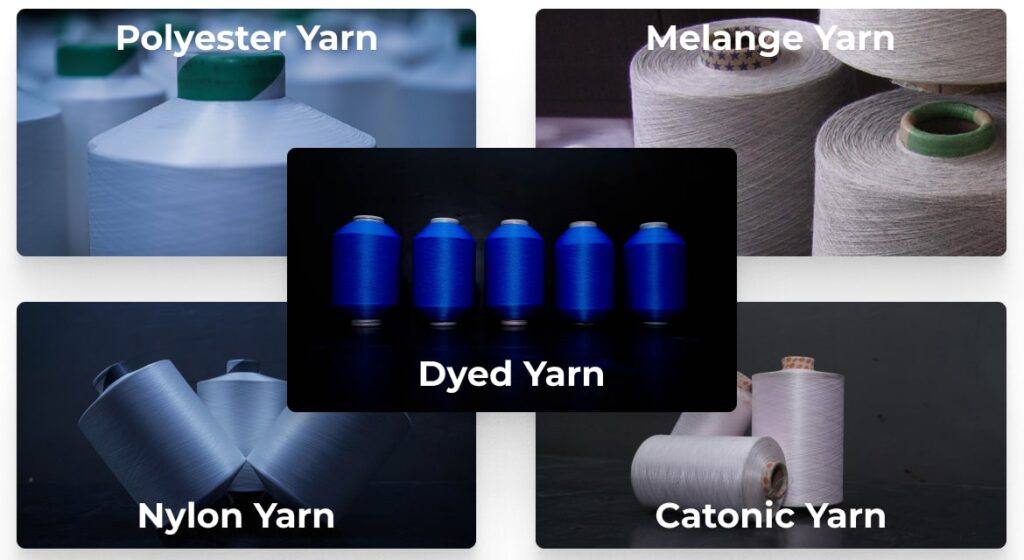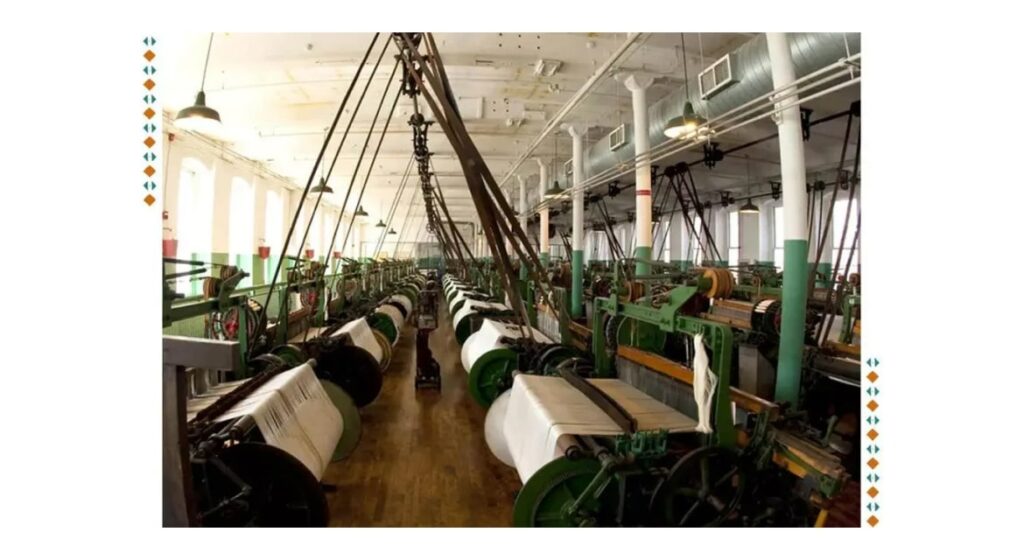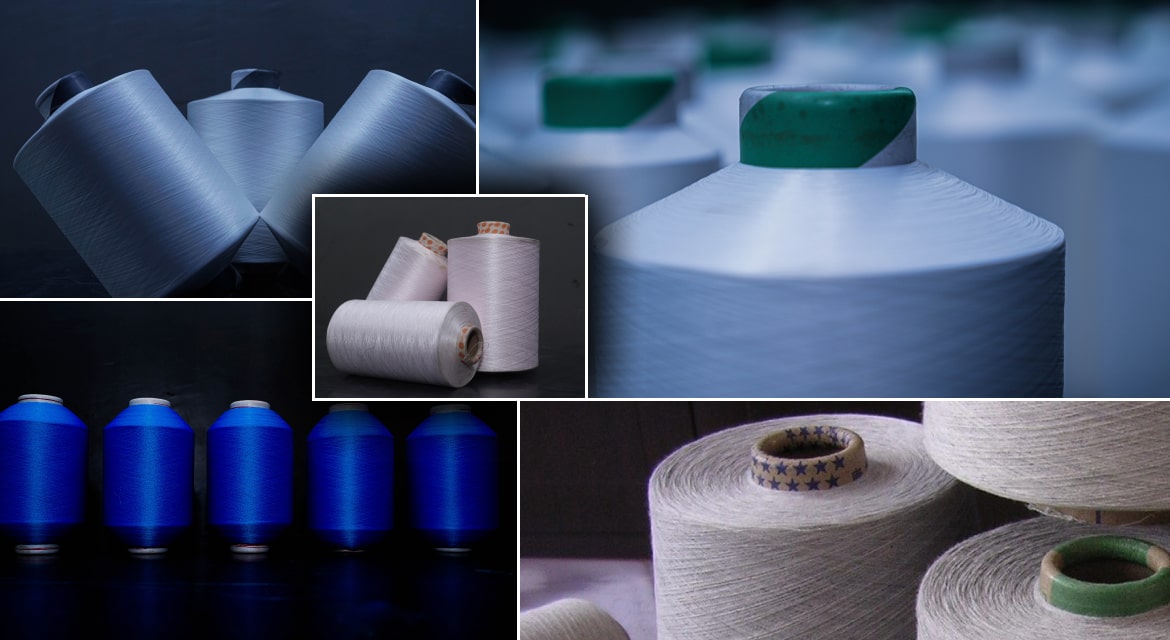Introduction
Welcome to the world of textiles, where yarn plays a pivotal role in creating the fabrics we use daily. At Rawalwasia Yarn Dyeing Pvt. Ltd., we pride ourselves on being a leading manufacturer and supplier of high-quality yarn. With over 38 years of experience in the industry, we understand the nuances of yarn production and the various types of yarn that cater to diverse textile needs. This blog delves into the intricacies of textiles, shedding light on the different kinds of yarn and their applications.
Understanding Yarn: The Backbone of Textiles

Yarn is a continuous length of interlocked fibres essential in producing textiles. It is the primary building block for fabrics, knitting, and weaving. The quality and characteristics of yarn significantly impact the final textile product, making it crucial to choose the right type for specific applications.
The history of textiles dates back to ancient civilisations, where natural fibres like cotton, wool, and flax were spun into threads for making clothes and other essential items. Over the centuries, technological advancements have revolutionised yarn production, introducing synthetic fibres and sophisticated manufacturing processes. Today, yarns are produced using traditional and modern techniques, catering to various textile applications.
Types of Yarn: A Detailed Exploration
Threads can be classified based on various factors, including the type of fibre, spinning process, and intended use. Here, we explore the different kinds of threads integral to the textile industry.

Product Range: Explore our diverse offerings:
- Nylon: This synthetic thread is known for its strength, elasticity, and resistance to moisture and stains. Due to its ability to stretch and recover well, it’s commonly used in hosiery, swimwear, and activewear.
- Polyester: Polyester is another strong, quick-drying, wrinkle-resistant synthetic thread. Because of its durability and ease of care, polyester is widely used in apparel, home furnishings, and industrial applications.
- Dyed Yarn: Dyed thread has been coloured after being spun. Threads can be dyed in various ways to achieve different colours and effects.
- Cationic Yarn: This term likely refers to cationic thread with a positive electrical charge. These threads sometimes blend with other fibres to improve dyeability or create interesting visual effects.
- Melange Yarn: Melange refers to thread spun from fibres of different colours, resulting in a marbled or mottled appearance. It can be made from natural or synthetic fibres.
The Role of Yarn in Textile Production

Yarn is crucial in textile production, influencing the final fabric’s texture, strength, and appearance. The choice of type, fibre content, and spinning technique determines the textile’s characteristics.
- Weaving: You interlace threads at right angles to form a fabric. You call the lengthwise threads the warp and the crosswise threads the weft. Different weaving patterns create various fabric textures and designs.
- Knitting: In knitting, threads loop together to create a fabric. Knitted fabrics are typically more elastic and stretchable than woven fabrics, making them ideal for flexible garments such as T-shirts, socks, and sportswear.
- Non-woven Fabrics: Non-woven fabrics result from bonding or felting fibres together without weaving or knitting. Manufacturers use these fabrics in medical supplies, automotive interiors, and geotextiles.
Innovations in the Yarn and Textile Industry
The textile industry continuously evolves, driven by technological advancements and changing consumer demands. Innovations in fibre technology, sustainable practices, and digital manufacturing are shaping the future of textiles.
- Sustainable Yarns With growing awareness of environmental issues, there is a rising demand for sustainable threads. These use eco-friendly materials like organic cotton, recycled polyester, and biodegradable fibres. We at Rawalwasia Yarn Dyeing Pvt. Ltd. are committed to sustainability and offer various eco-friendly options.
- Smart Textiles integrate technology into fabrics, enabling functionalities like temperature regulation, moisture management, and electronic capabilities. These textiles are used in various applications, including sportswear, healthcare, and military gear.
- Digital Manufacturing Digital manufacturing techniques, such as 3D knitting and digital printing, revolutionise textile production. These technologies enable precise control over the design and production process, reducing waste and improving efficiency.
The Global Market for Yarn and Textiles
The global market is vast and dynamic, with significant contributions from countries like China, India, and the United States. Indonesia, known for its high-quality cotton threads and textiles, is vital to the global industry.
- Market Trends
- Rising Demand for Sustainable Textiles: Consumers increasingly seek eco-friendly, ethically produced textiles.
- Technological Advancements: Fiber technology and digital manufacturing innovations drive the industry forward.
- Shifting Trade Policies: Changes in trade policies and tariffs impact the global supply chain.
- Challenges and Opportunities
- Growth Opportunities: Emerging markets and technological innovations present opportunities for growth and diversification.
The Future of Yarn and Textiles
The future of the textile industry is bright, with continued technological advancements, sustainability, and consumer preferences shaping the field. At Rawalwasia Yarn Dyeing Pvt. Ltd., we are dedicated to staying at the forefront of these developments, ensuring that our products meet the highest standards of quality and innovation.
Conclusion
In conclusion, yarn is the fundamental element of the textile industry, with various types catering to diverse applications. Each thread uniquely influences the final textile product, from natural fibres like cotton and wool to synthetic fibres like polyester and nylon. At Rawalwasia Yarn Dyeing Pvt. Ltd., we are a leading manufacturer and supplier of high-quality threads. Our commitment to innovation, sustainability, and customer satisfaction drives us to provide the best solutions for the textile industry. As the industry evolves, we remain dedicated to advancing our practices and products to meet the market’s ever-changing demands. Join us on this journey of innovation and excellence in yarn and textiles.
Explore More
For more updates and insights, visit our Pinterest page.






